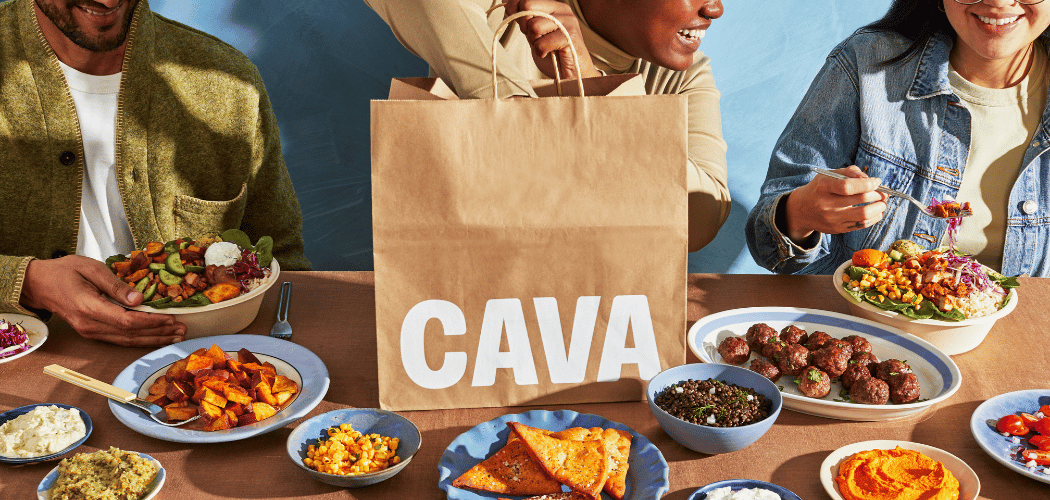Direct to Consumer retailers are putting a crunch on traditional (brick and mortar) retailers. But in contrast to the biggest DTC retailer in the world, Amazon, more highly focused, even boutique, DTC retailers are successful not for the breadth of their offer and command of a global supply chain, but because they solve problems for consumers and transform their "need" for an existing product to a "want" through great online experience and community building.
Need a great pair of pants? Bonobo made one. Want to make shorts cool in a baggy pant world? Chubbies did that. Seeking freedom from the prison of high priced razors held in high security areas by most pharmacies? Dollar Shave Club and Harry's took the friction out of shaving and personal care while saving you a few bucks. Want to stay in shape during the winter but just can't get motivated to cross the street to the gym? Join a high energy spin class led by all-star instructors on your Peloton. The examples seem nearly endless.
E-commerce sales grew by 15% during 2018 and have been increasing their share of total retail steadily from 11.6% in 2016 to 14.3% in 2018. Maybe the more telling figure is that E-commerce represented 51.9% of all retail sales growth during 2018. So, while the overall share of online retail remains in the teens, the pace of growth is steady, and that growth is likely to sustain the broader retail sector over the coming years.
Amazon accounted for 40% of total online retail in 2018, but there is a growing long-tail of direct to consumer retailers that are highly focused in specific product areas and are attracting passionate customers every day. A portion of this DTC explosion is contributing to Amazon's market share as Internet Retailer reported that 176 of merchants ranked in the Internet Retailer Top 500 (that's about 35%) sell products in the Amazon Marketplace.
Also Read: What the 1-to-1 Mobile App Boom in Brazil Can Teach Us about Loyalty
Each DTC retailer has its own story of origin that led to its success. Glossier founder Emily Weiss started to blog while still an intern at Vogue. That blog planted the seeds for Glossier. Jesse Thomas started Picky Bars as a source of healthy food and race fuel while still competing as a professional triathlete.
There are as many stories of origin as there are DTC retailers, with the common element among them that each capitalized on the passionate support of customers who love their product, appreciate the way it is positioned to make their lives easier, and saves them money.
To build a sustainable business however, there must be more. And that "more" in DTC retail is Community. Each DTC retailer that has garnered headlines and achieved household name status has drawn water from the same well - the passionate, emotionally connected consumer. Accenture's 2018 report on customer preference, "To Affinity and Beyond, From Me to We, The Rise of the Purpose Led Brand" provides extensive evidence that connecting on an emotional level with customers is a key to success for every brand today. Accenture reports that "price, product quality and customer experience are important ... but they’re now table stakes", punctuating the point saying that "Consumers act as champions of brands they believe in" ... and that "Purpose provides the differentiation that many seek".
Sitting through presentations at the Loyalty Expo this week, the majority of presenters gave mention to the importance of creating "emotional connections" with customers to drive customer loyalty (in this case translated to mean drive higher sales). Lisa Erickson, Senior Director of CRM and Loyalty at Sleep Number, stood out to me as she emphasized the importance of online reviews and customer referrals as means to acquire new customers and build brand awareness. Lisa shared strong examples of "how" Sleep Number had turned its intentions to create emotional loyalty with customers into action.
I was left thinking that loyalty marketers who are talking about the importance of creating emotional connections need to take a few cues from DTC retailers. The examples are plentiful and there is no single formula for success. The concept of connecting customers at the heart level with a brand has been in discussion for at least 10 years, but the examples of how to make this happen are too few in my opinion.
By acknowledging the human desire to make connections, a brand can facilitate Community through leverage of its unique brand assets. Brands will never "make" people become loyal customers, nor will bribery in the form of discounts and promotions be successful alone. Each brand can create the venue for Community to gather and facilitate activity to spark growth.
Loyalty Marketers can take a lesson from DTC retailers. Create and sponsor the "meeting place" for passionate members of a community to gather and be an attentive steward to add value to Community activities. If done right, loyal customers will be generated organically and will have reasons to remain loyal customers beyond price and the other table stakes for today’s retailers.
Bill Hanifin is CEO of The Wise Marketer and is a Certified Loyalty Marketing Professional (CLMP).




